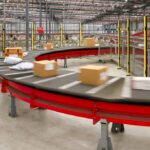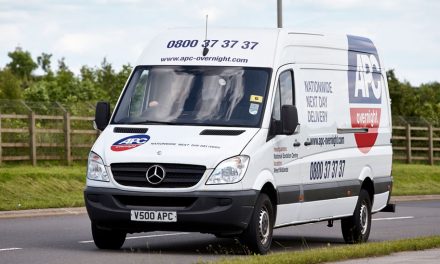
Seamless trade and logistics must be priorities in Brexit talks, says FTA
The Freight Transport Association (FTA) has urged the UK Government to prioritise “seamless trade and logistics” in the Brexit negotiations which get underway today (19 June). In a statement issued today, the FTA said: “Prime Minister Theresa May has already indicated that the UK will leave the EU without a deal if the Government cannot reach a suitable agreement within the two-year timeline, particularly on new trade arrangements. Under this scenario, businesses would suddenly have to face controls, checks and delays at the border with very little time to adapt to new rules and arrangements.
“FTA has warned that any delays at the border – especially around major transport modes such as ports – and additional red tape will jeopardise freight operations, especially those handling time-sensitive and perishable goods, and are likely to add costs which will filter down to the consumer.”
Pauline Bastidon, FTA’s Head of European Policy, added: “The Government must not underestimate the impact of Brexit on the industry if not managed carefully. Businesses run on predictability – anything that causes uncertainty creates problems in terms of operating, costing and forward planning. Leaving the EU without a deal and an agreement on a transitional period would be the worst possible scenario.
“We need clarity at the earliest possible opportunity, together with a sensible period of transition and implementation to allow time for businesses and authorities alike to adjust to new arrangements. As negotiations are about to start, we are urging Government to keep these important principles in mind and adopt a pragmatic approach when negotiating with the EU’s chief negotiator Michel Barnier and his team.”
As previously reported, the FTA last week urged the UK government to review its decision to leave the EU Customs Union. James Hookham, FTA’s Deputy CEO, argued: “Exiting the customs union threatens the imposition of tariffs, border checks, Customs declarations and huge amounts of bureaucracy for the significant number of UK businesses that trade in the EU, and the logistics organisations that deliver it for them.”












